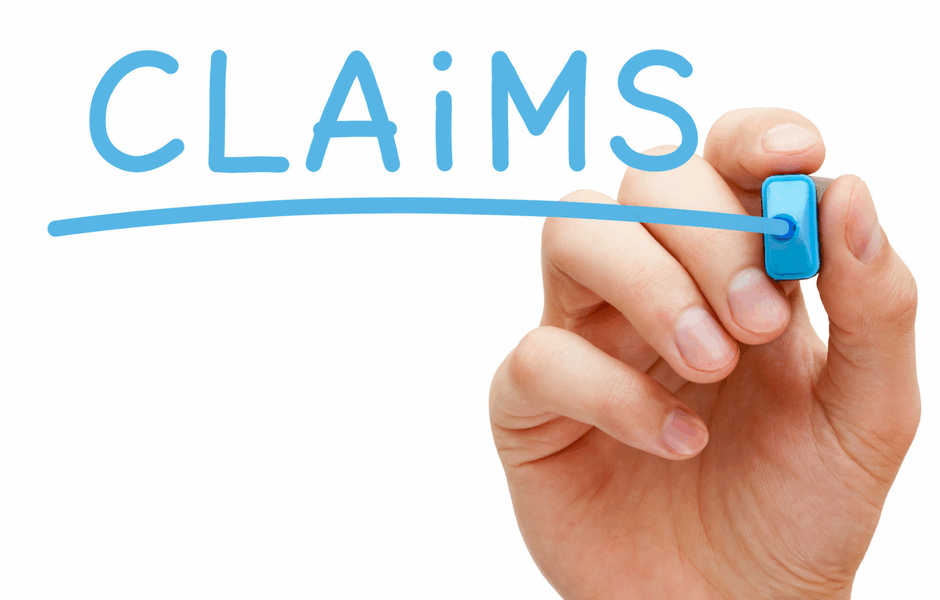 One of the key reasons a debtor files bankruptcy is to obtain a discharge of the debtor’s pre-petition debts. Generally, only an individual debtor obtains a discharge. In cases of corporate reorganizations, the Plan may include a provision that except as provided in the plan all pre-petition obligations are discharged, but otherwise, the corporation does not generally need a discharge. In the case of Chapter 7, the corporation generally ceases to exist once the case is filed. The same is true of Limited Liability Companies and Partnerships.
One of the key reasons a debtor files bankruptcy is to obtain a discharge of the debtor’s pre-petition debts. Generally, only an individual debtor obtains a discharge. In cases of corporate reorganizations, the Plan may include a provision that except as provided in the plan all pre-petition obligations are discharged, but otherwise, the corporation does not generally need a discharge. In the case of Chapter 7, the corporation generally ceases to exist once the case is filed. The same is true of Limited Liability Companies and Partnerships.
Some reasons a debt may be found to be non-dischargeable in the bankruptcy case are:
- The Debtor submitted a false financial statement to the creditor;
- The Debtor obtained money under false pretenses or actual fraud;
- The debtor committed fraud while acting as a fiduciary;
- The debtor inflicted willful and malicious injury to another entity or to the property of another entity
There are other bases as well, generally in the nature of fraudulent activity. If you think your debtor may have committed some type of fraudulent activity, talk to your attorney about whether the conduct might be a basis for seeking a court order that the debt should not be discharged in the bankruptcy case. If you can get such an order, you will be free to continue to try to collect the debt after the bankruptcy case is closed. Once you’ve obtained a judgment of non-dischargeability, it is good in any subsequent case the debtor may file in the future.
The bottom line is that a notice of bankruptcy does not necessarily mean you cannot get paid. To protect your rights, you should contact an attorney who is familiar with bankruptcy laws to see what remedies you may have.

